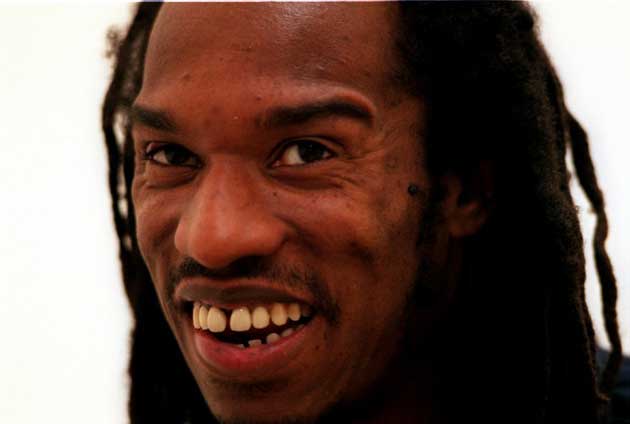Poetry: Spelling out the magic of the mundane

Choosing the year's best poetry collections begs the question, "What were you looking for?". Answer: poems to make me look out at the world, and think, repeatedly, "I'll never see it the same way." Good poetry takes the familiar, makes it strange, and makes even the mundane memorable. For magic, read Pauline Stainer's Crossing the Snowline (Bloodaxe, £8.95). Stainer's language has a frozen, exacting piety; she reinvents the world as myth, even religion: "the river/ writing its monograph/ on mosses". Equally magical, but madcap, too, is Selima Hill's The Hat (Bloodaxe, £7.95), a sequence as dark as her Bunny, and using the same elliptical glimpses and analogies. The Hat captures how a woman is crushed: "Look at those heavy bags of hers!/ They huddle at her feet like ducks and geese/ waiting dimly for their new home." Harder, but worth the work, is Peter Bennet's The Glass Swarm (Flambard, £7.50), a selection of peculiar parables, eccentric legends – as if assembled by an English Scheherazade.
The best poems strike up conversations. Try Sandra Tappenden's Speed (Salt, £12.99). Her drollery persists, testing ideas, strolling along fantastic tangents: "Etiquette is a load of stupid nonsense;/ anyone can move into your dreams/ without making an appointment/ or even bothering to get dressed."
Against these laconics, set cheeky Catherine Smith, whose Lip (Smith/ Doorstop, £7.95) delights in the absurdity of everyday erotica: "Send me your bed, but please, don't change the sheets./ Pay two strong men to load it on a van,/ and drive it through the rain at one a.m./ I'll be awake, I need to search for stains." Perfect put-downs; perfect pick-me-ups. The same applies to Kathryn Simmonds's flint-hard whimsy in Sunday at the Skin Launderette (Seren, £7.99). Great images here, and killer phrasing, as when trying to fix a broken TV: "I try rocking it to sense,/ like a priest conducting an exorcism/ gone badly wrong."
Earlier this year, I doubted any collection would match Ciaran Carson's astonishing sequence For All We Know (Gallery Press, £10.95), in which a fugue of 14-line, 14-syllable but six-beat sonnets conducts a mystery tour through love and political intrigue. It's like Graham Greene crossed with a passionate Bach. But suddenly Carol Rumens's Blind Spots (Seren, £8.99) arrives, her best work ever. Philosophical, playful, with umpteen forms expertly managed, Rumens explores her fusion of the personal and political. There is no word out of place, but my favourite is a sequence ("Suite: Minus Ten") about her deteriorating eyesight. "The smart in the eyes is grief-like;/ the urge to lie down on blank metal/ where the books that no one borrowed/ lived their last years, and sleep,/ becomes almost uncontrollable." This collection will be read decades from now: it must already be installed as a certain prize-winner.
Bloodaxe editor Neil Astley's In Person (Bloodaxe, £12) is 2008's must-have anthology – or rather, its two DVDs are, offering six hours with 30 poets (the anthology's their script). From Fleur Adcock to Benjamin Zephaniah, 163 poems are filmed by Pamela Robertson-Pearce without flash, with fluffs. It captures terrific readings, notably David Constantine's "Common and Particular", which you might reckon poem of the decade after he speaks it.
Join our commenting forum
Join thought-provoking conversations, follow other Independent readers and see their replies
Comments